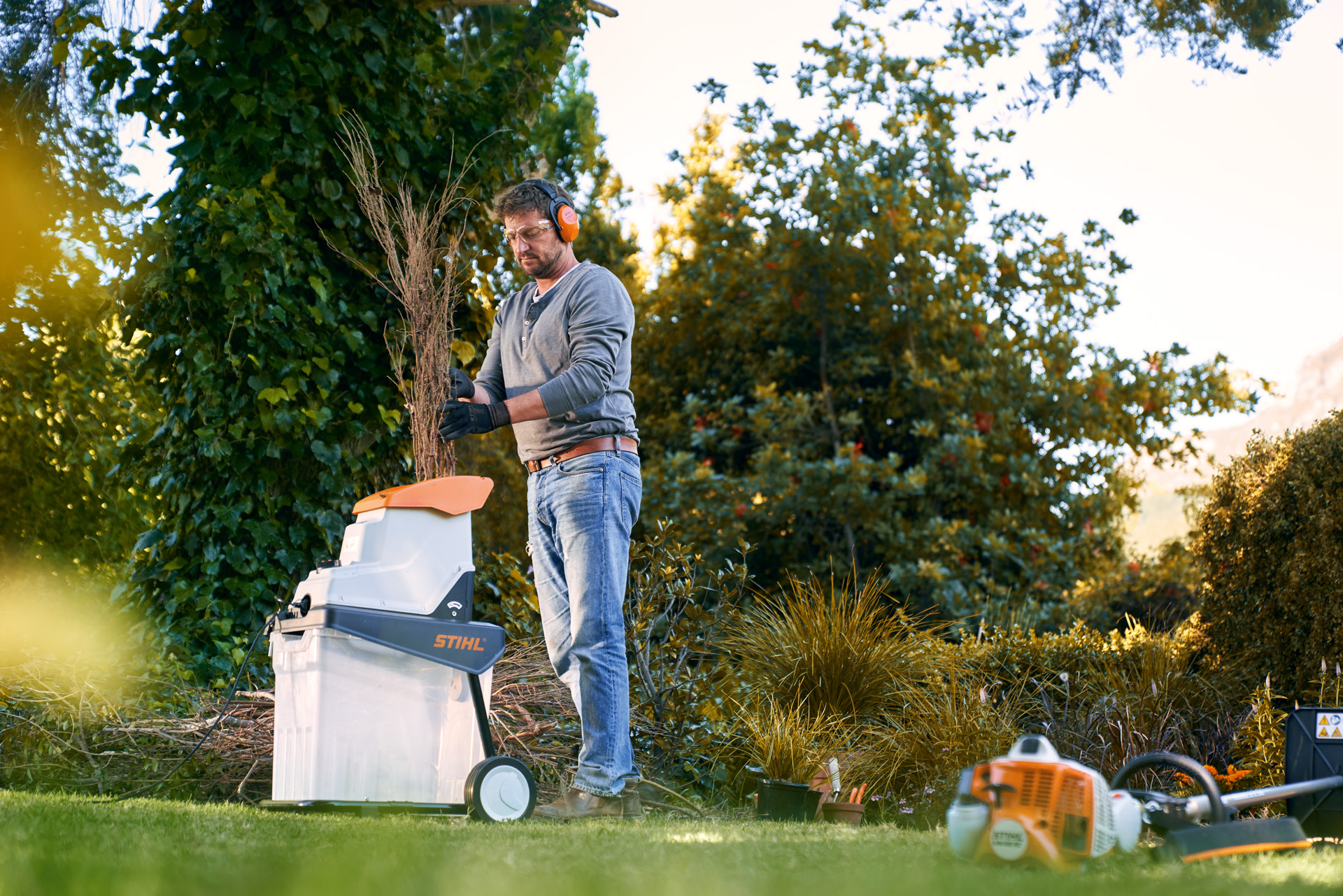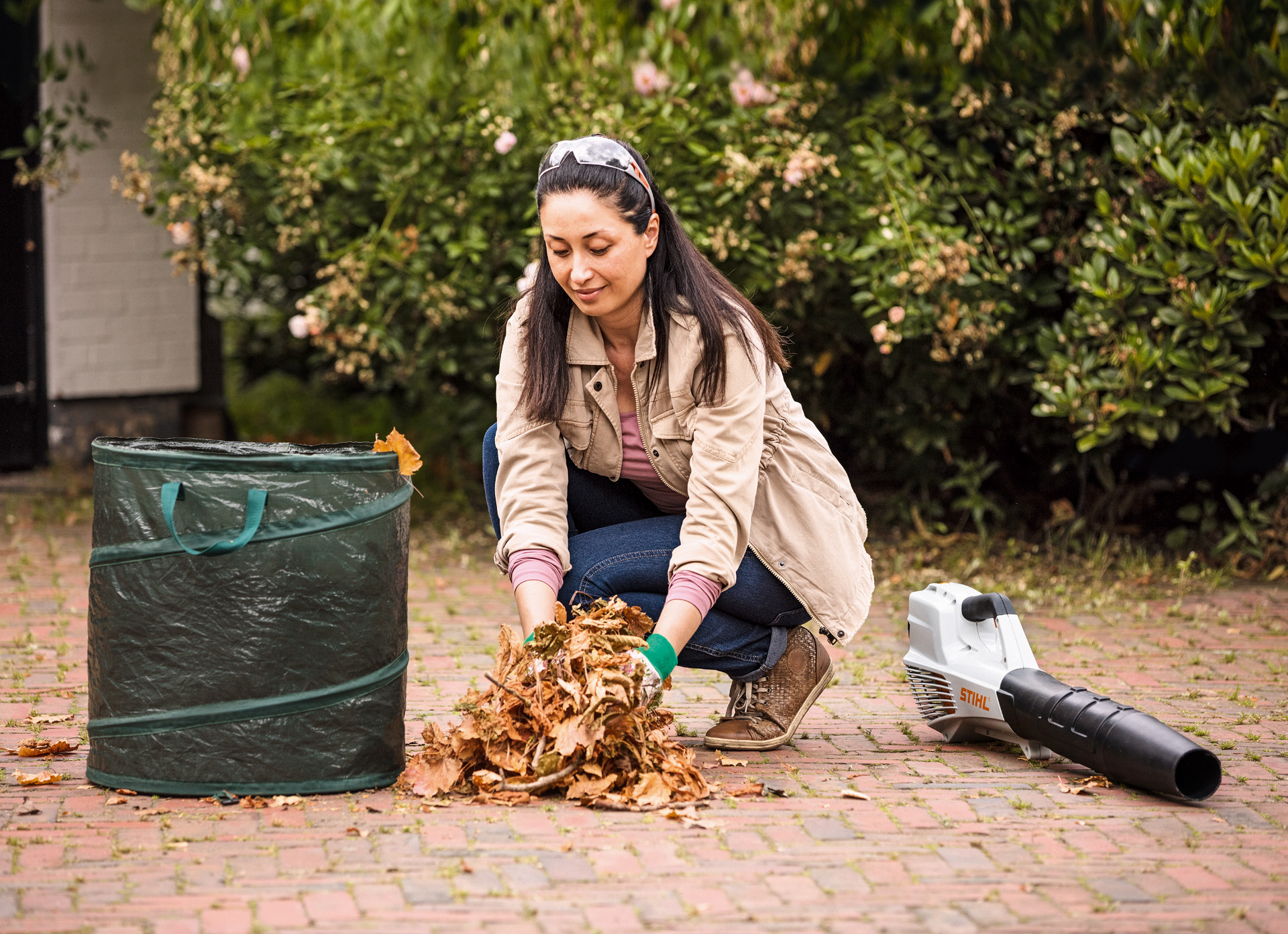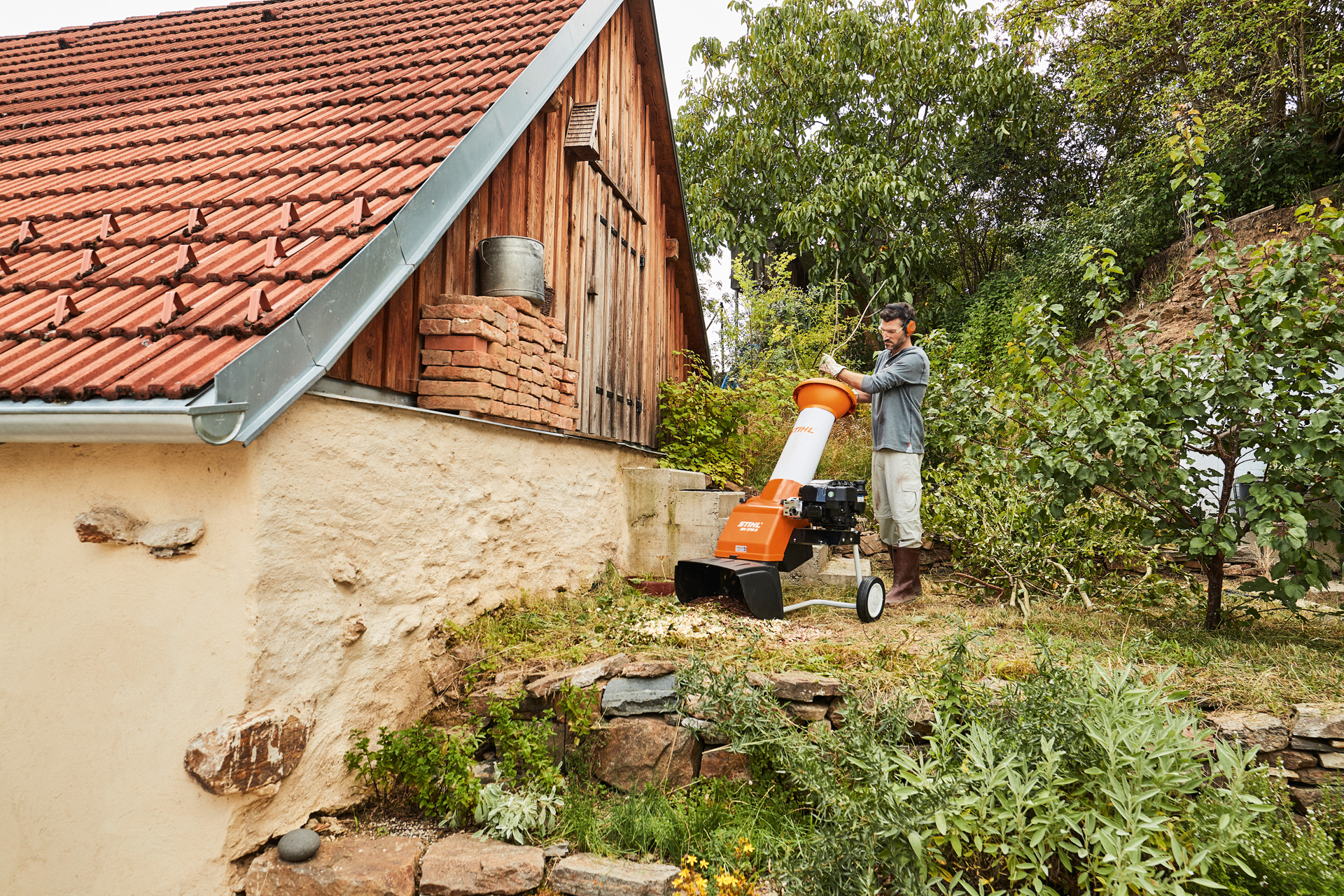Whether it’s autumn leaves or hedge prunings, green matter quickly stacks up outdoors. Find out about your garden waste disposal options.
What constitutes garden waste is extremely varied – and so are the disposal possibilities. In brief, it refers to organic matter such as leaves, grass, branches and fruit. However, it’s important to note that garden waste is waste, and unauthorised disposal may be considered fly-tipping or another criminal offence. Do not dispose of your green waste in woodland or public areas, nor on anyone else’s property without permission.
Garden waste disposal options
You can turn your own garden waste into valuable compost. Many areas of the UK also turn green waste into compost on an industrial scale. Your local council may well collect green waste for this very purpose, and some councils even give away the composted results to residents. Facilities vary across the country: you may have to pay a fee for garden waste bags or a bin, or you may need to take your green waste to a recycling facility. If you use a private waste disposal service, we recommend you ensure they are appropriately accredited by the Environment Agency and other industry bodies.



You may be able to buy special garden waste removal bags for collection from your property. Make sure you follow the instructions for filling and securing them.

If offered by your council, a dedicated garden waste bin will make waste disposal easy throughout the year. You can expect to pay a fee, but you won’t need to worry about disposing of bulky green waste such as tree cuttings. Because collected garden waste is often industrially composted at higher temperatures than in your compost bin, there’s no problem with putting in weeds and woodier matter, though you are generally not able to dispose of soil in these bins.
If you have waste that cannot be composted, or a large one-off clearance project, many recycling centres and rubbish disposal facilities will also take all kinds of garden waste. Check your area.
Disposing of garden waste by burning may be tempting, but is not advisable for reasons of air pollution and fire safety.
STIHL professional tip: If you live in an area that holds a seasonal bonfire attraction, you may be able to dispose of woody material by “donating” it for the fire. Contact your local council or the event organiser for more details.
Alongside familiar garden waste such as lawn clippings and cuttings, many gardeners need to dispose of fruit which has fallen off trees. You should pick up and dispose of any windfall on the lawn well before it starts to rot. Windfall fruit can be put into garden waste bins as well as used for composting in small amounts.